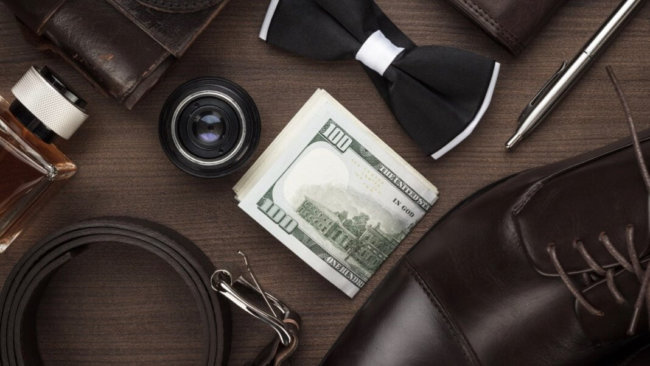
If you are among those people who welcomes a divided economy, you probably would prefer to sleep in other people’s homes and drive foreign cars. You might also would not like to see piles of books, compact or optical disc, watched the video on the Internet, read books, downloaded from there, and listened to music Vkontakte. The concept of “having more” and “less proficient”, though it sounds paradoxical, but it reflects our reality. Technology gives us the opportunity to move away from ownership and move to an economy built on sharing and subscriptions. Platform the type of Airbnb and Uber connect landlords and tenants with passengers and drivers, and digitizing ensures that all types of media can be stored, streamed, or downloaded in seconds.
But where is it? Are there things that we will always want to see in their own possession, and if so, what are they?
Kevin Kelly, editor of Wired, calls this situation the “subscription economy” and believes it will put an end to the fundamental possession of things. Kevin cites the example of how easy it has become to disseminate the intangible things like games or books. These things have gone from physical products to information on the screen.
“If we can deliver these intangibles at any time, anyone, no one will call their own,” says Kelly.
And we can give up possession of not only intangible things. If you could call the car for a few minutes, why have him in the property, especially if property means storing, cleaning, repairs, and insurance? Subscription, according to Kelly, gives you all the benefits of ownership without any obligation.
But there is a limit to what people would be willing to rent?
Form of ownership does not always mean only the practicality or convenience. Yet it is comfort, comfort, status and digitize them or to make a subscription isn’t always easy.
Kelly uses clothing as an example of what we will soon switch over to the subscription. Your body will be scanned so that the clothes would fit you, and after you once wear it, she’ll be sent back, where it is then cleaned and give to the next person.
On the one hand, it was a good idea to abandon the suitcase with clothes and personal items when you are traveling, and instead get everything you need in the destination (and to leave there on departure).
But what about your old sneakers, which were perfect for long walks? Or t-shirts that you washed so many times that it has become fuzzy to the touch? What about the cap, which you have given sports team, in student’s years? What would you be without it?
Anyway, if the same clothes will be worn dozens of other people, wouldn’t that be uncomfortable?
The same can be said about such items as dishes, toys, camping gear, or other stuff that we used to store in pantries.
We store things not only because it’s convenient, but because we are sentimental — Yes, it would be convenient to rent a juicer once a year when you do your seaming, instead of keeping it 360 days a year, but more convenient and better than yours, “not doing”?
With all of this right of ownership also serves as a status symbol. If you can afford an expensive car and luxurious clothing and accessories, you would like to own them, even if it is inconvenient or impractical.
The answer to the question Kelly will be something more than just “Yes” or “no”. We have to consciously reduce what we own in order to access that which we did not have before. This phenomenon has different speeds to extend to different classes of things.
I guess we will never give up old t-shirts and bulky paper books. And some things never want to share with others. But over time preferences and tastes of people are changing and developing along with cultural norms. As evidenced by the rapid growth of Airbnb over a relatively short period of time, many people no longer think of their homes as personal space and decided to earn extra money. The next generation might be comfortable living in other people’s homes and sleeping in others ‘ beds.
Have more, own less: the divided economy of the future
Ilya Hel